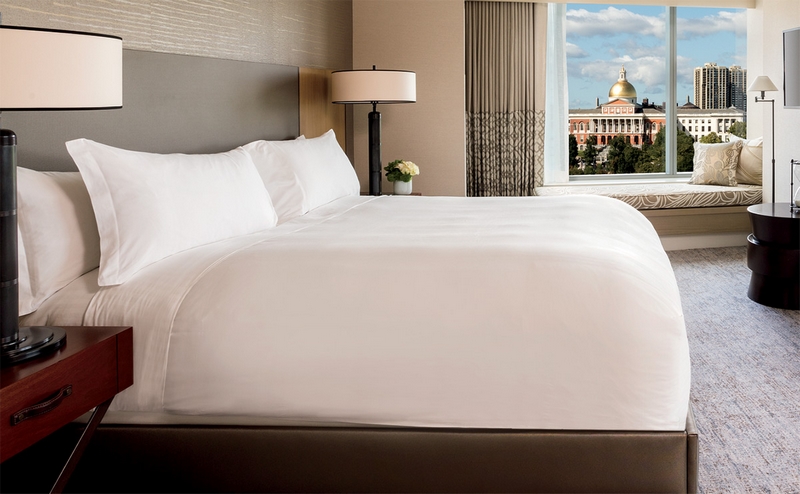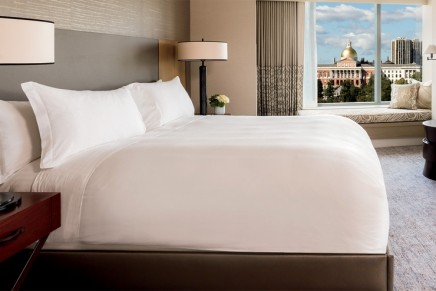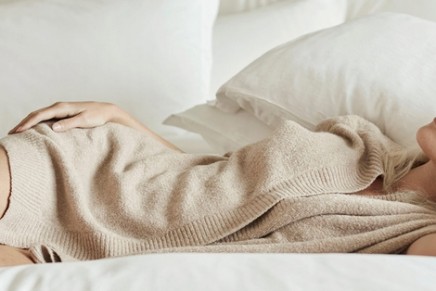Delivering a superior sleep experience—from the quality of the bed, linens and pillows to the ambient sound and temperature of the room—is a huge opportunity for hotels, J.D. Power Finds.
According to the J.D. Power 2019 North America Hotel Guest Satisfaction Index (NAGSI) Study, SM released last week, quality of sleep is one of the most important components of a hotel guest experience with the potential to drive overall satisfaction and brand loyalty, but the majority of hotels are not delivering better-than-expected sleeping conditions.
“Of all the discrete variables of the hotel guest experience we measure, a better-than-expected night’s sleep is the one with the potential to drive the highest levels of overall guest satisfaction for those hotels that can deliver,” said Jennifer Corwin, Senior Manager of Consumer Insights for Travel & Hospitality Intelligence at J.D. Power.
The 2019 North America Hotel Guest Satisfaction Index Study analyzes guest responses to more than 150 questions regarding their overall experiences and includes 70 officially ranked brands in eight market segments. This year’s study is based on responses from approximately 44,890 guests who stayed at a hotel between June 2018 and May 2019.
The following hotel brands rank highest in guest satisfaction in their respective segments:
Luxury Hotels: The Ritz-Carlton (for a fifth consecutive year);
Upper Upscale: Hard Rock Hotel;
Upscale: Best Western Premier;
Upper Midscale: Drury Hotels (for a 14th consecutive year);
Midscale: Wingate by Wyndham (for a fifth consecutive year);
Economy: Microtel by Wyndham (for a second consecutive year).
More zzzs, please, says the study
Overall satisfaction scores increase 114 points (on a 1,000-point scale) when hotel guests experience a better-than-expected quality of sleep. However, just 29% of hotel guests had such an experience. Of guests who do experience better-than-expected quality of sleep, 78% say they “definitely will” return to that property and 71% say they “definitely will” return to that brand.
The anatomy of a good night’s sleep
The top contributors to quality of sleep and, therefore, higher satisfaction scores, are comfort of bed; quietness of room; comfort/quality of pillows; room temperature; and comfort/quality of linens. Satisfaction scores for quality of sleep are also higher when hotels offer beyond-the-basics items, such as white noise/sound machines, earplugs, robe/slippers, and authentic local decor.
Quality of sleep directly correlated to price of room
The highest rate of better-than-expected sleep quality is in the luxury hotel segment (42%), followed by the upper upscale (33%), upscale (31%), upper midscale (28%), midscale (28%) and economy (23%) segments.
Arrival and check-in experiences present the opportunity to shine
The key elements of the check-in experience consistent with high hotel guest satisfaction scores are efficiency (ideally takes five minutes or less); accuracy; and offering a warm welcome. When any of those baseline criteria are not met, satisfaction scores tumble as much 100 points.







